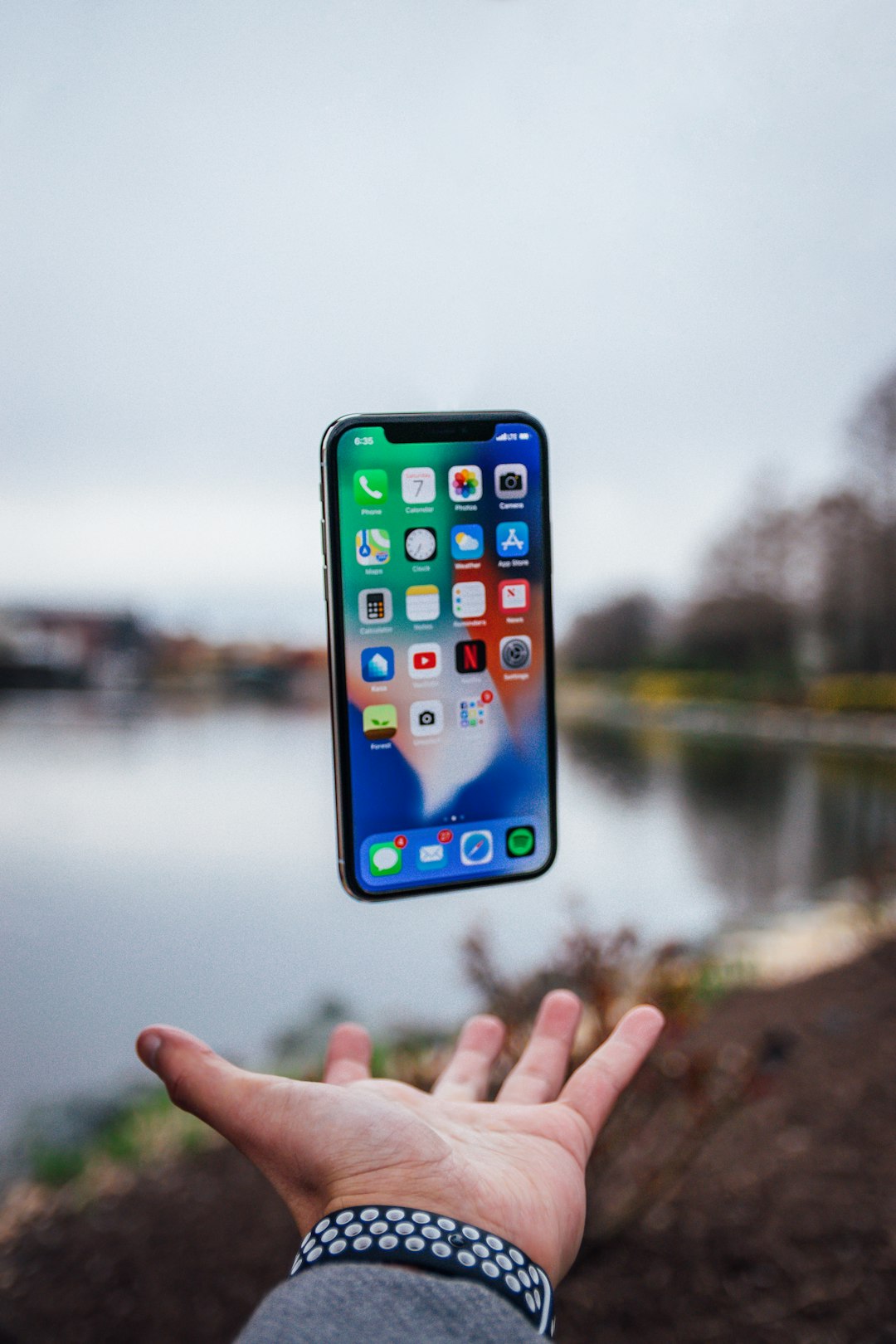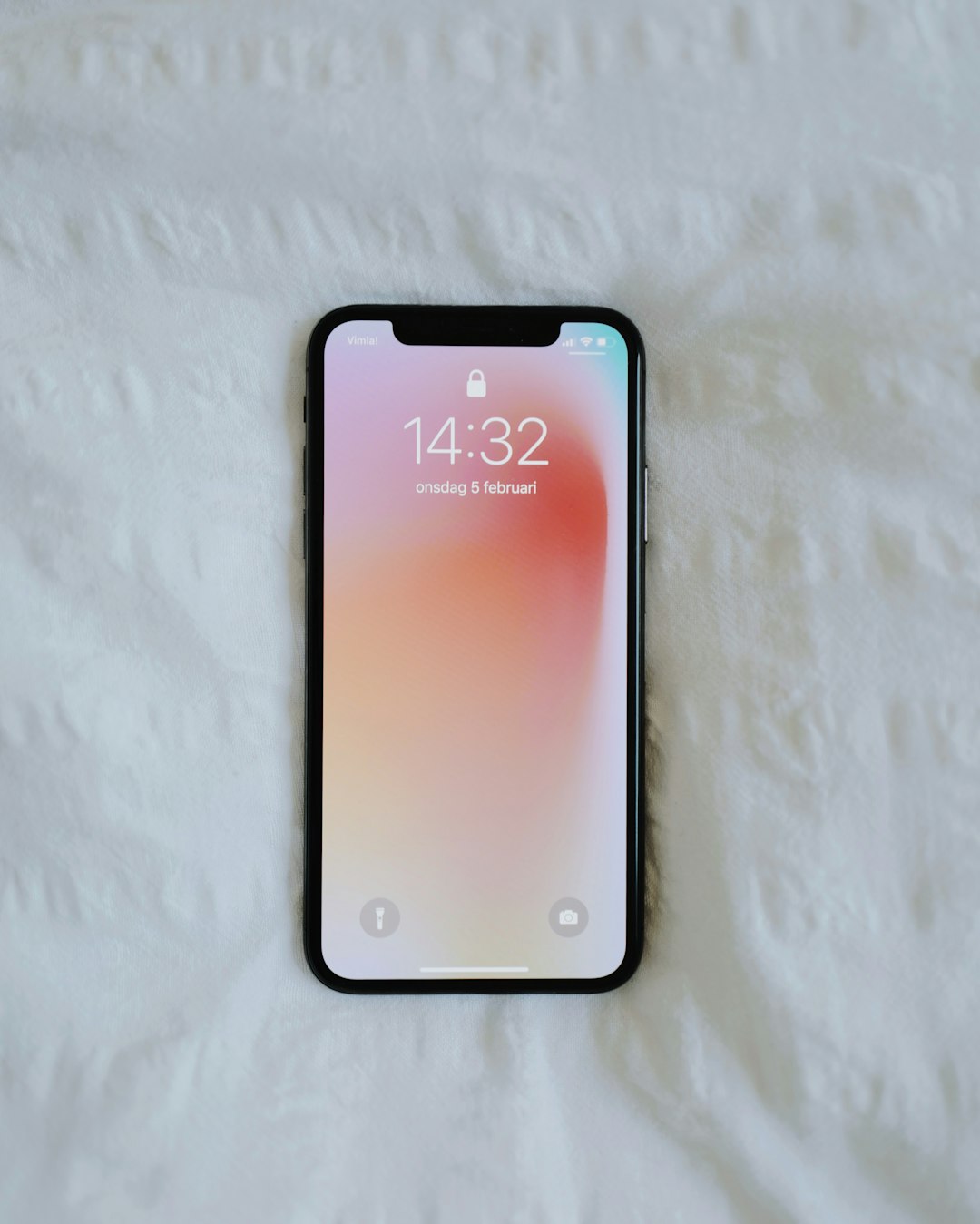Robocalls, though offering services like appointment reminders and marketing updates, raise significant privacy concerns in New York due to the state's strict data protection laws, particularly the Telephone Consumer Protection Act (TCPA). A specialized lawyer in New York can guide individuals on their rights against unwanted or deceptive robocalls and take legal action. In the digital age, AI-driven call-blocking apps are transforming how residents combat robocalls, enhancing privacy protections and promoting digital security awareness.
“In today’s digital age, robocalls have become a ubiquitous yet unwanted nuisance. With advanced technology, these automated calls can invade personal privacy, raising significant concerns among New Yorkers. This article delves into the world of robocalls and explores how legal protections and innovative apps are empowering individuals to reclaim their peace of mind.
We examine the legal aspects of robocall regulations in New York, highlighting the rights of residents to safeguard their personal data. Furthermore, we discuss the pivotal role of apps designed to mitigate robocall intrusions, offering practical solutions for a more secure communication environment.”
Understanding Robocalls and Data Privacy Concerns in New York

Robocalls, automated phone calls originating from artificial intelligence or pre-recorded messages, have become a ubiquitous part of modern communication. While they can offer valuable services like appointment reminders and marketing updates, they also raise significant privacy concerns. In New York, where strict data protection laws are in place, residents are increasingly turning to legal aid to address issues related to unauthorized robocalls and the misuse of personal information.
The New York State Law, particularly the Telephone Consumer Protection Act (TCPA), regulates robocalls and protects consumers from unwanted or deceptive calls. A lawyer for robocall cases in New York can help individuals understand their rights and take action against companies violating these laws. The TCPA prohibits automated phone systems from calling mobile phones without prior express consent, making it a powerful tool for holding robocaller accountability. Privacy is a paramount concern, as robocalls can expose sensitive data, leading to identity theft and fraud risks. Therefore, consulting with an expert in this field is crucial for New Yorkers to safeguard their privacy rights.
Legal Aspects: Protecting Your Rights Against Robocalls

In the age of digital communication, robocalls have become a prevalent and often unwanted nuisance. While automated calling systems offer businesses efficient marketing strategies, they also raise significant privacy concerns for individuals. In the United States, telephone consumers are protected by various laws designed to safeguard their rights against intrusive robocallers. One of the key legal frameworks is the Telephone Consumer Protection Act (TCPA), a federal law in New York and across the nation that regulates automated calls, including those made by robots.
If you’ve received unsolicited or abusive robocalls, it’s crucial to know that you have options. Consulting with a lawyer specializing in robocall cases can empower you to take action. Legal experts can guide individuals on how to file complaints with relevant authorities and seek compensation for any distress caused by these automated calls. They ensure that businesses adhere to the legal boundaries set forth by the TCPA, promoting a healthier balance between marketing efforts and personal data privacy.
The Role of Apps in Mitigating Robocall Intrusions and Safeguarding Personal Data

In today’s digital era, apps play a pivotal role in mitigating robocall intrusions and safeguarding personal data. Advanced call-blocking applications equipped with artificial intelligence (AI) technologies are becoming game changers in the fight against unwanted automated calls. These apps use sophisticated algorithms to identify and block spam calls before they reach users’ devices, significantly reducing the risk of personal data breaches. By analyzing caller information and patterns, robocall apps can learn and adapt to new tactics employed by scammers, ensuring a more robust defense against persistent intrusions.
In New York, where laws regarding privacy and consumer protection are stringent, such apps offer an additional layer of security for residents. A lawyer for robocall in New York can attest to the importance of these tools in helping individuals maintain control over their personal information. By integrating features like call history logging, custom blocking lists, and data encryption, robocall apps empower users to take proactive measures against potential privacy invasions. This proactive approach not only disrupts spam calls but also fosters a culture of digital security awareness among the general public.






